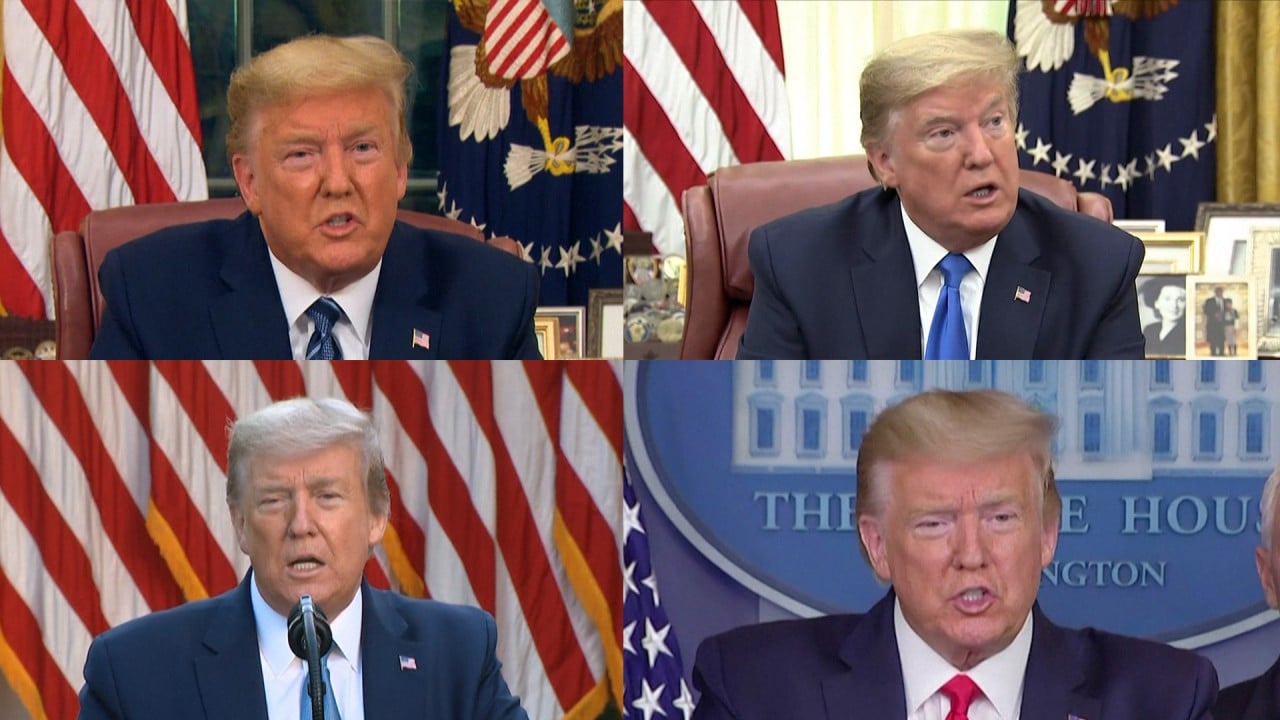Advertisement
China’s restrictions on Australian beef, barley seen as retaliation for support of coronavirus investigation
- Within the space of two days, China announced new tariffs of up to 80 per cent on Australian barley imports and banned beef imports from four firms
- Some analysts believe the moves would create space for China to import more barley and beef from the US to fulfil requirements of their phase one trade deal
Reading Time:5 minutes
Why you can trust SCMP
0

In the space of a few days, China has dealt heavy blows to both Australian barley and beef industries, raising suspicions that Beijing is using trade to punish Canberra for lending support to the international call to investigate the origins of the coronavirus pandemic.
The restrictions on Australian beef and barley may also pave the way for China to increase imports of the two agriculture products from the United States, helping it meet its purchase obligations under the phase one trade deal amid rising pressure from Washington, some analysts said.
Between Sunday and Tuesday, China confirmed it would likely impose a devastating tariff of just over 80 per cent on Australia’s barley exports due to anti-dumping allegations, while also then suspending beef imports from four major meat processing plants in Queensland and New South Wales.
The moves raised suspicions in Australia that China is using technical requirements to punish Canberra for its political position, as it is suspected of having done to other nations in the past.

02:35
‘I’m a little upset with China’, some of Trump’s more memorable quotes on the coronavirus pandemic
‘I’m a little upset with China’, some of Trump’s more memorable quotes on the coronavirus pandemic
Late last month, Australia’s push for the independent international inquiry into the origins of the Covid-19 outbreak was blasted by Beijing as a political manoeuvre to smear China, prompting Chinese ambassador Cheng Jingye to warn that upset Chinese consumers could stop buying Australian wine and beef.
Advertisement